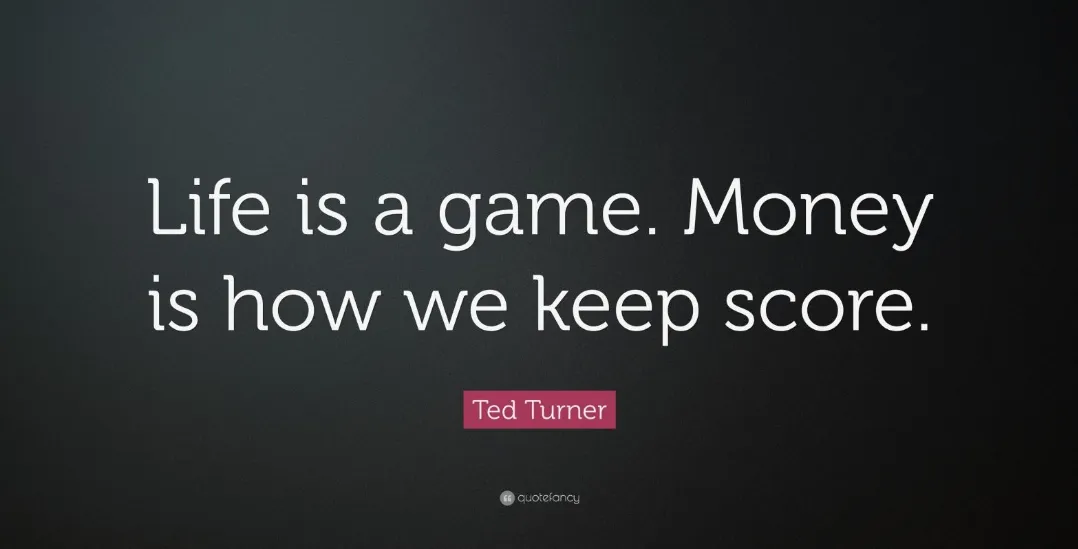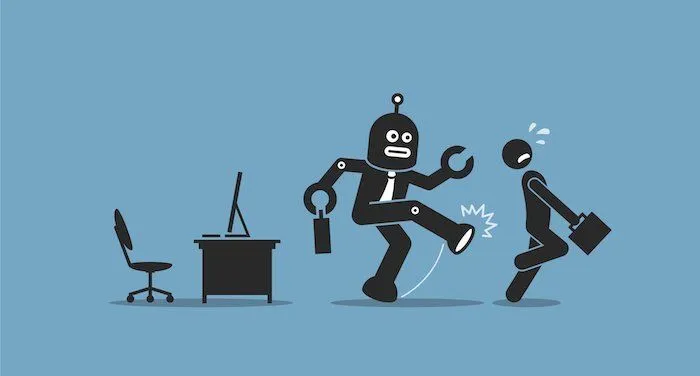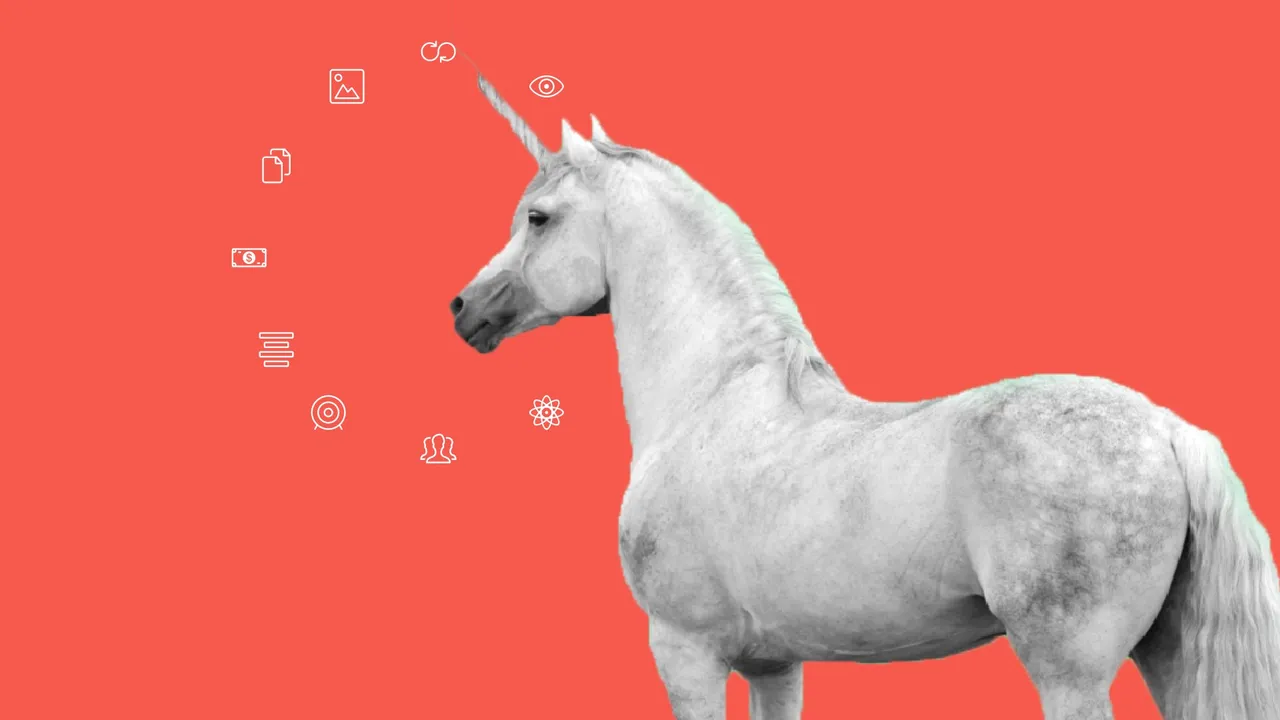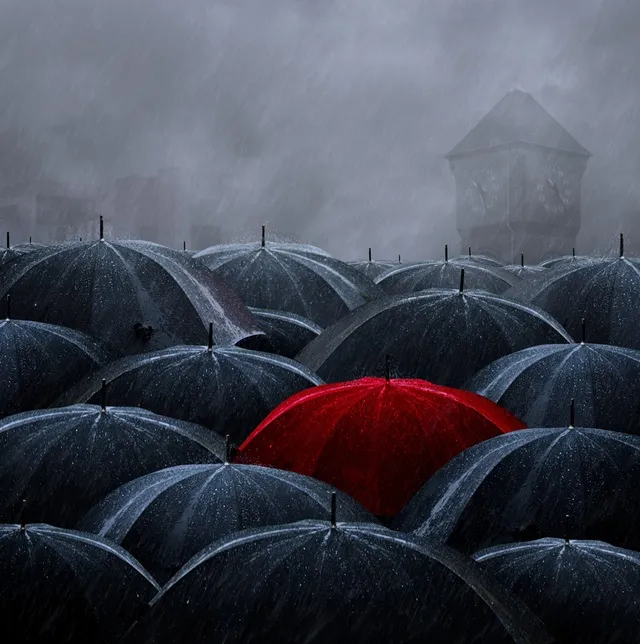All too often I have conversations with people asking me why and how I am able to talk about such a variety of topics. Heck, I sometimes see people accusing me of copyright because they can't fathom the idea that someone can go against the grain and learn a little bit about everything. Others, try to use my encyclopedic knowledge as an insult, since they have been taught to blindly believe that "expertise" is the highest value one can have. Popular belief dictates that knowing a little bit of everything is to be frowned upon.
In case you are not yet aware, you have give or take about 70-80 years of life on this planet. 1/3 of this you will spend sleeping and the other 1/3, most likely, dedicating your "expertise" to someone else. The 1/3 that remains you will spend being occupied by the deeds, toys and ideas of other people. This is how the vast majority of people spend their life.
Life is a game, and anyone who tells you different is probably trying to fuck you over. Within this time you have to learn the rules and use any means on your disposal to get ahead of it. The vast majority play it safe, following the herd and the aforementioned "safe" formula of the "expert". Few go against the grain and become their own masters by learning how everything works in the game. Whether you like it or not, money, is the points you gain in the game.

In the beginners mode, most people go to school and a learn a craft/major. In other words they chose to dedicate their life by being a small gear in the larger part of a machine. Then they spend the rest of their lives perfecting and polishing that single gear. They know close to nothing about whatever else goes on around them. Every single "expert" on their area is pretty much a recluse, shielding themselves from the surprises of the game. It keeps the money coming, it creates safety, but it doesn't take them anywhere. If a big calamity comes along, most players have to start all over by trying to find a place in the network. They never bother to be their own machine.
What most people fail to understand is that life is much like an economy. If you put all your eggs in one basket and something unfortunate happens then you lose everything. What most people perceive as the "safest" bet is actually the most risky. This is why diversification is vital.
In much the same way, knowing a little about everything gives you more security in case something unexpected happens. You are not only shielded against Black Swans but you can also take advantage of them. Moreover, it introduces one to more opportunities and thus unlocking the expert mode. Here, you combine knowledge from a variety of fields in order to see beyond the limited scope of the expert.
Take a look around you. The world is filled with struggling "experts". Gifted people that ponder why they cannot get ahead in life. I talked to a lot of them. Open a conversation in their field and you can see their chest pumping up and confidence overwhelming them. Start introducing a greater perspective in their field, explaining how it all comes together and they roll back to pre-school mentality, overwhelmed with awe.
Knowing a little but of everything is your only serious advantage in a world with an oversupply of "experts". Ph.D's work in cafeterias and have hard time finding job because really, having one today, doesn't mean shit. Education, for most fields, has become a meme, a joke. Anyone with money can attend classes and learn to copy-pasta from a handful of journals. With a little bit of dedication you can earn any average level degree. It doesn't take "smarts" to get a higher degree, just grit.

In our time and age, that extra "expertise" in your major is useless (unless you really like what you do). Most found about this the hard way, as soon as they finished a degree and got a job. College knowledge becomes irrelevant in a real world company. Heck, In less that 2 years everything you will learn becomes obsolete. If you belong to a more technical STEM field such as chemistry, then you are in somewhat better luck. If you end up like the 90% that works for a lab that has you squirting the same solutions into test tubes then you are pretty much fucked like the rest. Anyone can be trained to do that and SPSS (statistical software) can be automated. A robot can do both. No degree needed.
My point about a wide range of knowledge will become more evident in the coming years as automation takes over. The narrower your field of knowledge the more replaceable you will become. The more complicated and variable your processes the more unique and irreplaceable you will be. This is why you see many current "experts" in the fields trying to get an edge by earning a second or even third degree. The smart way is not to go upwards the "specialization ladder" but sideways.
The most important part of knowing a little bit of everything is that of independence. Most have no idea how to fix their own shit. They constantly have to rely on others in case something bad happens. Most have never killed an animal or planted their own veggies. If you know a little bit of everything, you become self-sustained. Even if the world goes to shit, you will have much better chances of survival.
I always admired people who knew a little bit of everything but excelled as experts in their field. Marie Curie was one of them. She knew a little bit of everything and made use of her knowledge in a shack performing a variety of experiments. She was the original "mad scientist" if you like, having hands-on experience in just about all materials and processes that were going on during her time. As a result she excelled in both physics and chemistry. In contrast, take for example most modern scientists today. Ask them to make their own test tube or fix their own computing devices. They will be paralyzed. One thing goes down, the entire process stops.
This is how fragile "expertise" is today. Your knowledge becomes nothing without an interdependent context. Experts have become vital in our system because of economic efficiency, not sustainability. The only way to see the big picture triumph over the overcrowded middle is to have an edge in knowledge. When you reach a point knowing a little of bit of everything, then you become untouchable.




